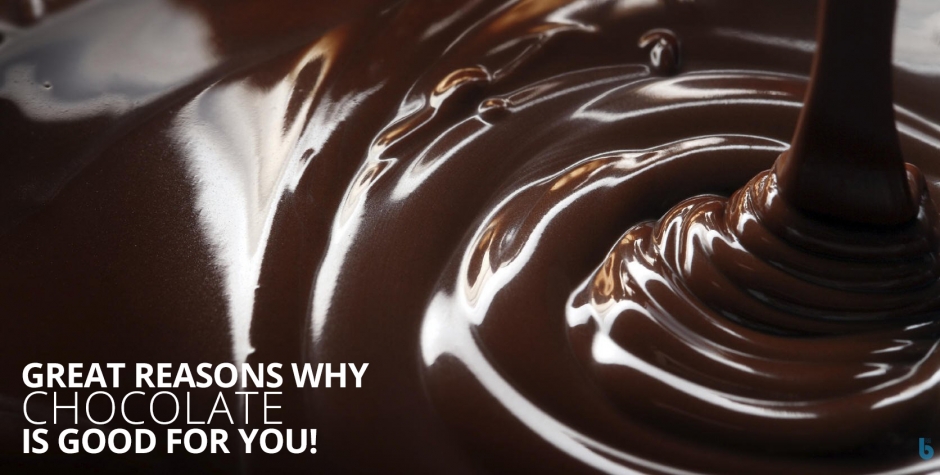Chocolate is one of those products that can cause deep cravings for some, and great pleasure for others. An ancient food, its roots stretch far back in time and it wasn’t always the sweet confection we think of today.
A brief history of chocolate
- Chocolate was first eaten around 2,000 years ago in Central America. The Mayans regarded the cacao or cocoa bean as the food of the Gods, and as such used it in ceremonies and even to pay taxes.
- The Aztecs mixed the cocoa bean with water, cornmeal, spices and even chilli, to make a bitter spiced drink. Some people say that the ancient word “Xocolatl” means “bitter water”.
- Hernan Cortes, who presented it to the Spanish King, first brought Charles V the cocoa bean to Europe in 1528.
- Cortes inspired Spaniards to mix the bitter drink with sugar, creating a new sweet chocolate drink. The Spaniards added sugar, vanilla, nutmeg, cloves, allspice and cinnamon to create an exclusive and fashionable drink that was the reserve of the Spanish nobility for almost 100 years.
- In France in the 18th Century chocolate was considered an aphrodisiac.
- It was first mixed with candy in Paris, and first included in a cake in London.
- J S Fry and Sons made the first solid eating chocolate in 1830. Fry’s also made the world’s first commercially produced Easter egg in 1873.
- Milk chocolate was finally successfully developed in 1875.
- Chocolate went on to become a massive industry. 17,000 Belgians are now employed in the chocolate-making industry.
Chocolate and health
- Chocolate has a mild anti-depressant effect on the brain by increasing serotonin and endorphin levels. It has a small amount of caffeine that emulates a mild amphetamine.
- Cocoa butter is used to make cosmetics and massage oils. Because it melts just below body temperature, it is perfect as a foundation for moisturising creams.
- Although it is high in fat content, chocolate doesn’t raise blood cholesterol levels.
- New research shows that women who eat one or two servings of dark chocolate each week cut their risk for heart failure by as much as a third.
- A long-term study in Germany found that about a square of dark chocolate a day lowered blood pressure and reduced risk of stroke by 39 percent.
- The is down to the presence of flavonoids, that keep the arteries supple.
- There are five times more flavonoids in a chocolate bar than an apple.
- The high level of sugar and milk in chocolate means that you still have to exercise – otherwise you’ll lose control of your weight!
- Women who ate chocolate daily during their pregnancy reported that they were better able to handle stress than mothers-to-be who abstained.
- Researchers from Oxford University and Norway found that those who consumed flavanol-rich chocolate, wine, or tea scored significantly higher on cognitive tests than those who didn’t.
Funny to say it seems that chocolate holds some keys that will help keep you feeling and looking good. But remember – everything in moderation!
Have you subscribed yet to The Best You Magazine? Get your one year complimentary here




